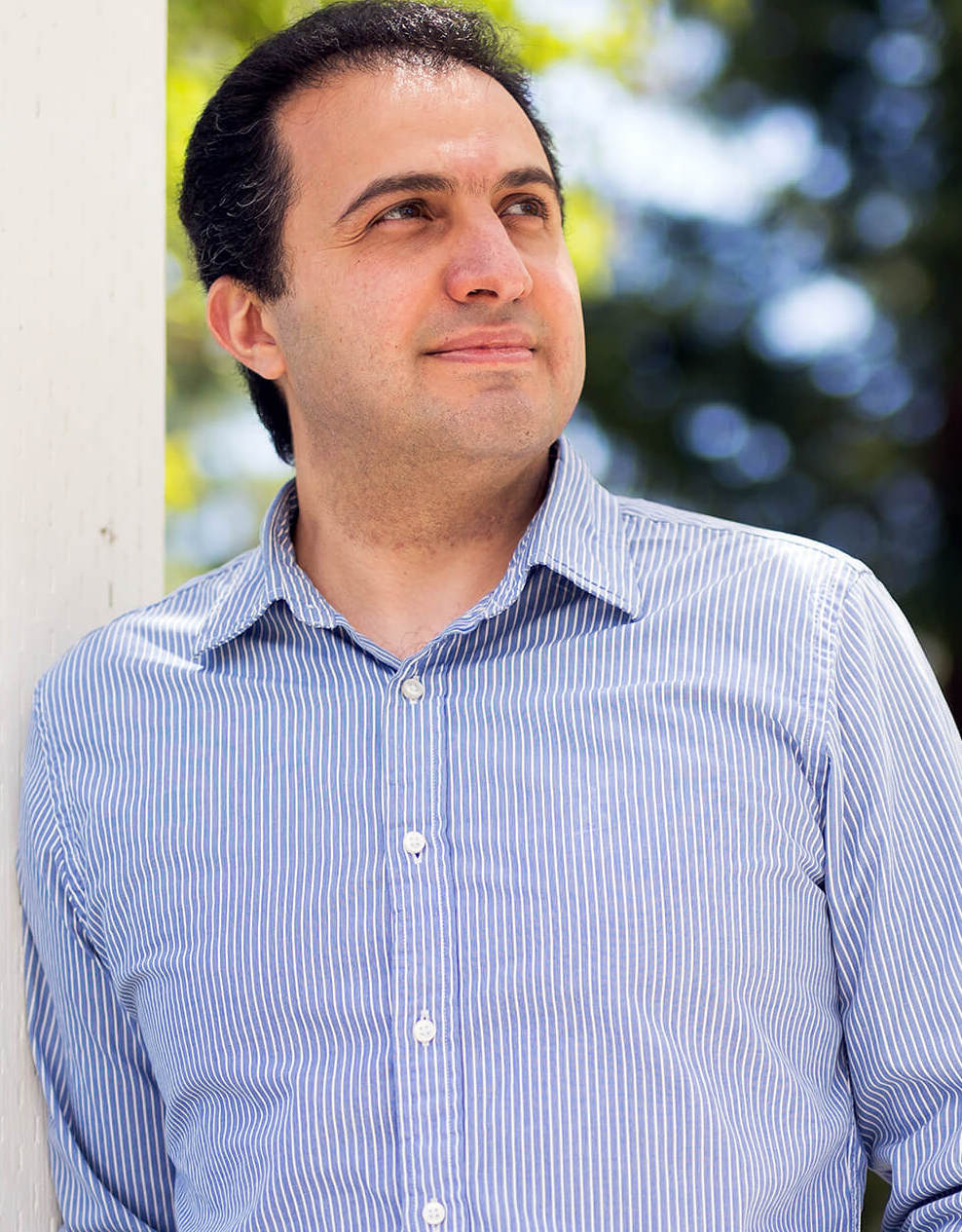
Hamed Firooz
I have over 14 years of experience delivering large-scale AI solutions and leading multi-year technology strategies. I’ve spent more than seven years managing research and engineering teams across multiple sites, driving innovation and impact in AI.
- Current position: Principal Staff AI Scientist at LinkedIn Core AI
- Education: PhD from University of Washington (UW)
Education
-
2012
PhD (Electrical Engineering)
University of WashingtonCompressed Sensing and Network Coding
-
2008
MSc
University of TehranPeer-to-peer networks
Experience
-
2023 - Current
Principal Staff AI Scientist
LinkedIn Core AII have formed and currently lead a team of over 50 AI scientists and engineers to pre-train, post-train, and deploy a 200B+ parameter foundational model for LinkedIn’s personalization tasks at scale.
-
2018 - 2023
Sr. Staff AI Tech Lead Manager
Meta AILed a medium-sized team with diverse profiles, research scientists and software engineers. Our mission was to advance AI technologies to keep users safe online. My team built multimodal content understanding services used across many Meta integrity products.
-
2016 - 2018
Staff Machine Learning Engineer
LinkedInLed LinkedIn Ads Sponsored Update relevance (five engineers, one analyst, one PM). The team was responsible for modeling and ranking advertising content on the LinkedIn news feed that shows ads from millions of advertisers to hundreds of millions of LinkedIn daily active users.
-
2015 - 2016
Staff Machine Learning Tech Lead Manager
Base CRM (acquired by Zendesk)Led a four-engineer group for forecasting. We were responsible for a) Predicting sales attributes (dollar amount, closed date, and the closing probability) for the Sales team b) Predicting the possibility of churn for the Customer Success (CSM) team. media coverage
-
2012 - 2015
Senior Machine Learning Engineer
Falkonry (acquired by IFS)Built an early warning system based on the Bayesian network that provides diagnosis and prognosis of large industrial machines.